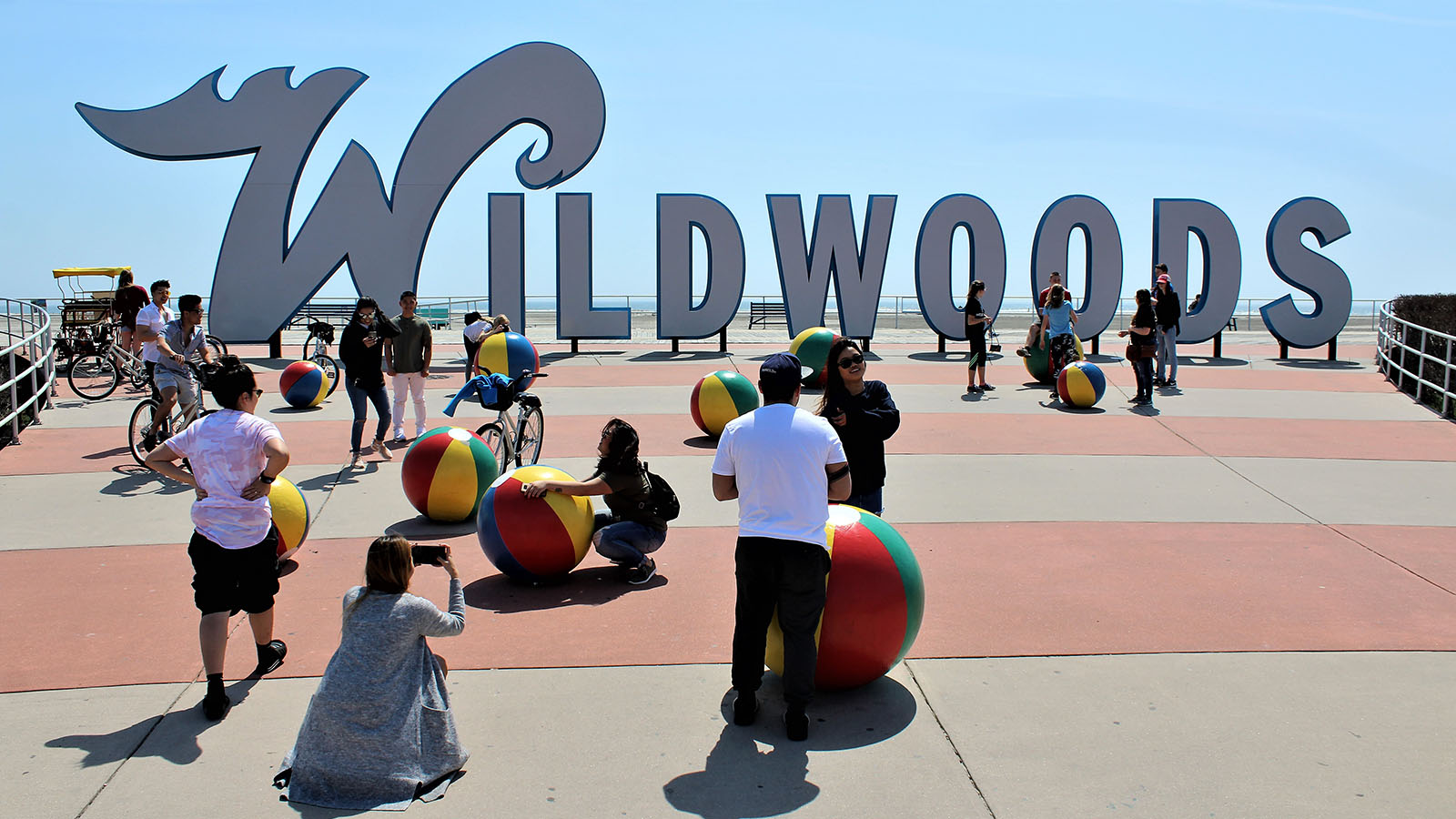Long before the reality TV series “Jersey Shore” introduced America and the world to the excesses of Snooki, JWoww, and Pauly D a decade ago, New Jersey beach towns struggled to control a reputation for off-the-hook summer parties while keeping the doors wide open to the visitors that drive their economy.
With officials in Trenton, the state capital, poised to approve adult-use marijuana, some shore communities have already staked out a clear position: No thanks. Not here.
“I don’t believe in it,” Wildwood Mayor Ernie Troiano told Weedmaps News in January 2019. His city was among the first to vote to keep out any future dispensaries if New Jersey approved recreational cannabis.
Alcohol is bad enough, he said, and Wildwood has enough problems trying to control underage drinking and consumption on the beach.
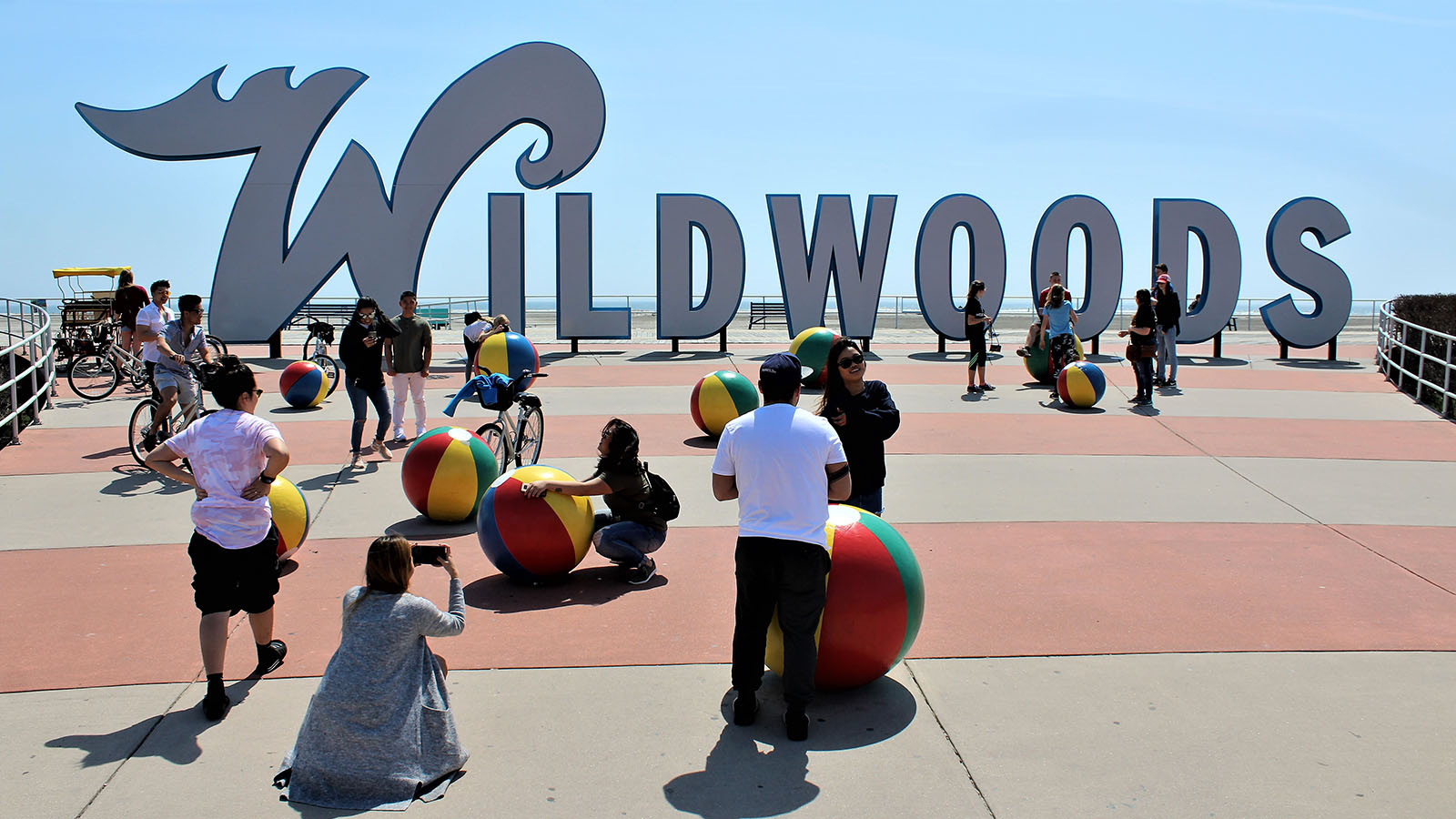
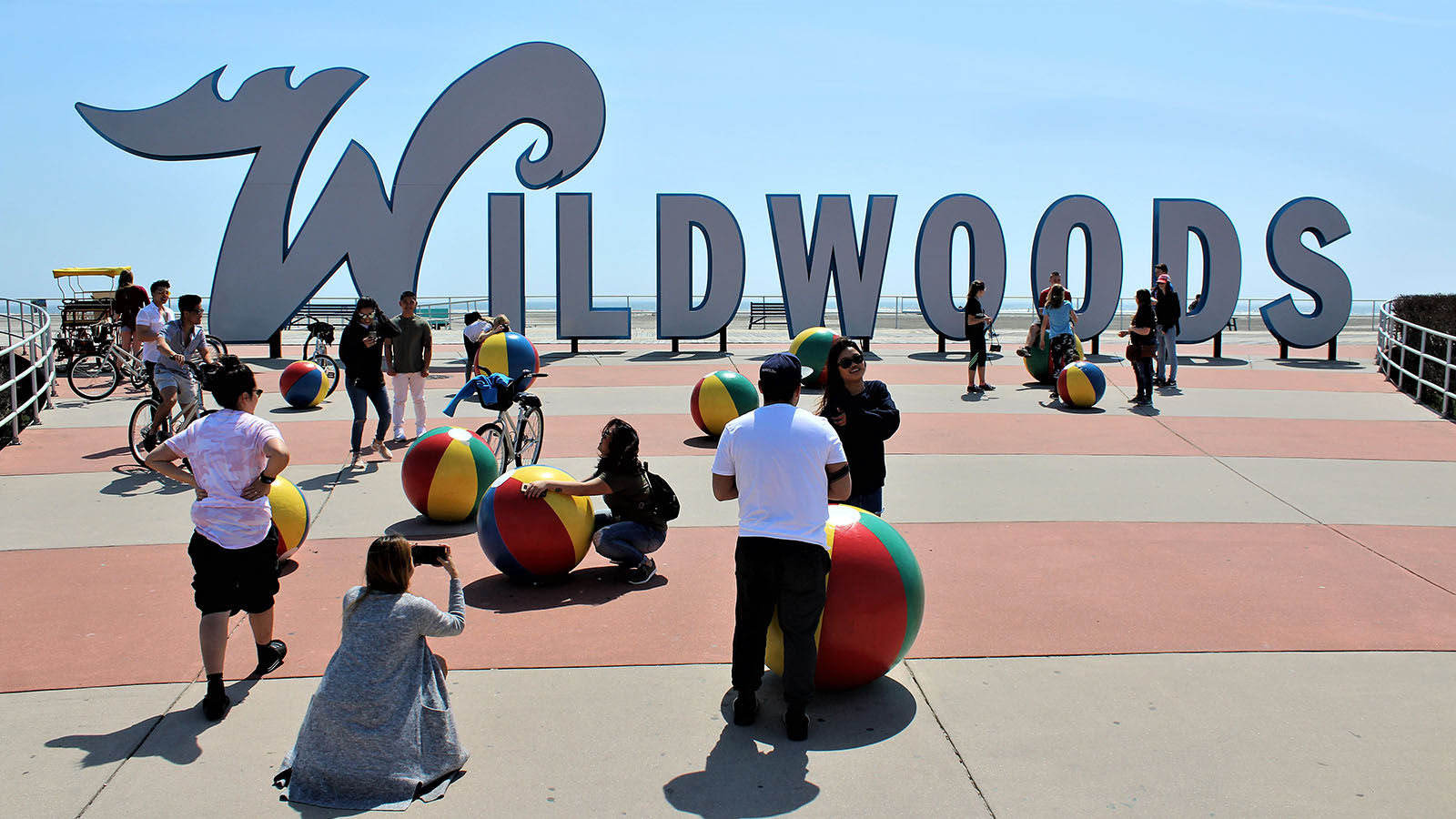
“If people learned to control themselves and were moderate it would be one thing. But they take it to excess. And a lot of the time when they take it to excess, they do it down here,” Troiano said. “For some reason when they come down here, they just lose their minds.”
Wildwood is not alone. A count by NJ.com published in summer 2018 found that 30 municipalities around the state plan to ban marijuana dispensaries and grow sites.
That number is likely to grow, according to Mike Cerra, the assistant executive director of the New Jersey League of Municipalities. Most communities will wait until a bill is signed by Democratic Gov. Phil Murphy before voting whether to allow dispensaries. Those that have moved early, such as Wildwood, probably will need to pass a new ordinance to match the final language of the state law, Cerra said.
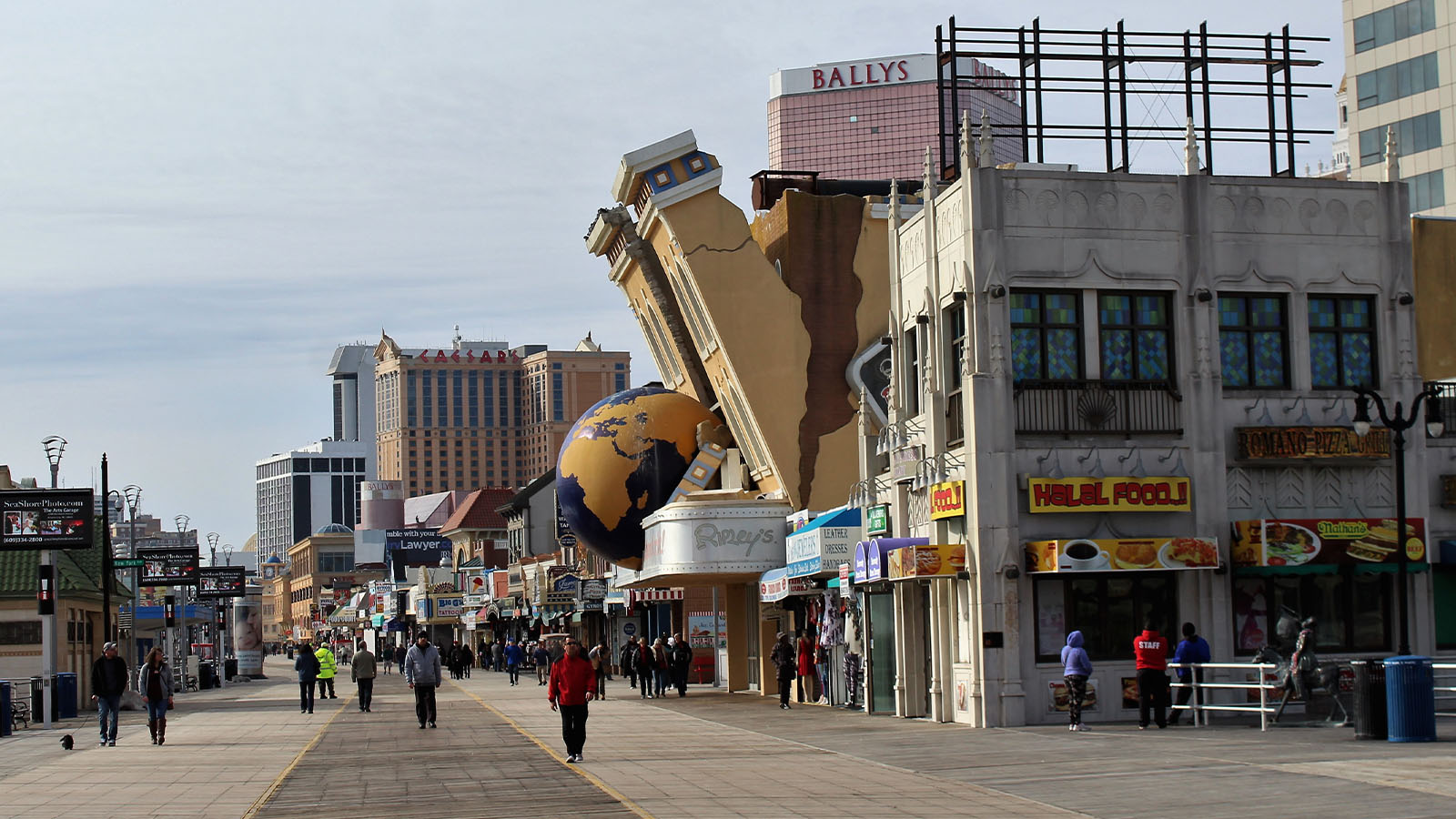
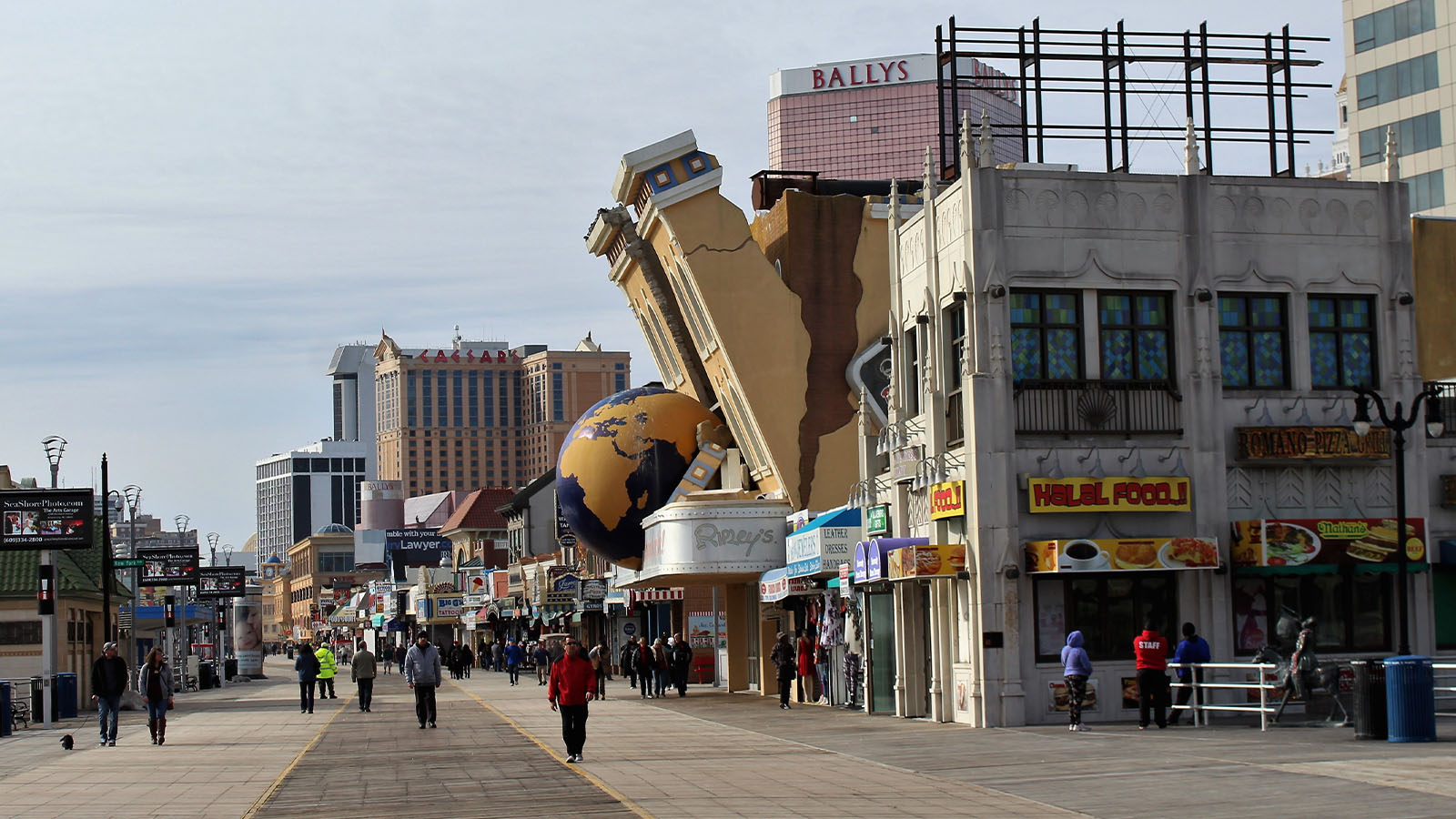
Murphy had wanted a legalization bill on his desk within the first 100 days of taking office, but the process has stalled more than once, with issues to work out between Murphy and the Democratic legislative majority.
January 2019 marks the first year of Murphy’s administration. Like many other observers, Cerra believes legalization will pass.
“I think it’s likely. It’s more a matter of when then if,” he said.
His organization, a powerful association representing the 565 municipalities in the state, has not taken a position on legalization. Some towns have worries, he said, while others are ready to embrace legal marijuana and the revenue expected to come with it.
The bill considered would allow towns to opt out of allowing licenses to grow or distribute cannabis in their communities. Many towns have already seized on that provision, even before any law passes, including many beachside resorts. Some of the concerns mirror those found throughout the state, Cerra said, including worries about enforcement, local impact, and the details of criminal record expungements.
“If you have a shore population that booms in the summer, those concerns are probably compounded,” Cerra said.
Somers Point in Atlantic County recently passed an ordinance banning sales. Point Pleasant Beach passed a similar ordinance in 2017, with Surf City approving one in March 2018.
Many more cities and towns have discussed potential action without taking a vote. In Toms River in Ocean County, residents crowded a February 2018 Township Council meeting where many spoke against an ordinance banning marijuana sales.
The council tabled the measure.
“The consensus was, let’s wait and see what the state is going to do,” said Toms River Mayor Thomas F. Kelaher. A former Ocean County prosecutor, Kelaher is deeply skeptical of legalization. He believes marijuana leads to harder drugs.
“As a prosecutor, every single drug addict that we ever interviewed got his start on marijuana,” he told Weedmaps News on Jan. 9, 2019. “I like to be open-minded. If someone can convince me that’s not going to happen, I’m willing to listen. I can’t be much fairer than that.”


In Ocean City, where the sale and public consumption of alcohol have been banned since its foundation as a Christian resort in the late 19th century, the City Council is set to introduce a zoning ordinance aimed at preventing marijuana production or sales anywhere in town. During March 2018 discussions on the issue, City Councilman Mike DeVlieger said, “I’ll die before I vote for recreational marijuana in Ocean City.”
Years ago, Ocean City banned smoking of any kind on its boardwalk years ago and recently banned smoking on its beaches, which also became illegal statewide in January 2019.
According to Cerra, the state law specifically includes marijuana in addition to cigars and cigarettes.
Seaside Heights, the site of the house featured in MTV’s “Jersey Shore,” also has considered banning marijuana sales, but an official there declined to elaborate. “Seaside Heights doesn’t want or need to be the poster child for this issue,” said Christopher Vaz, the business administrator for the small seaside borough, when Weedmaps News asked for comment.
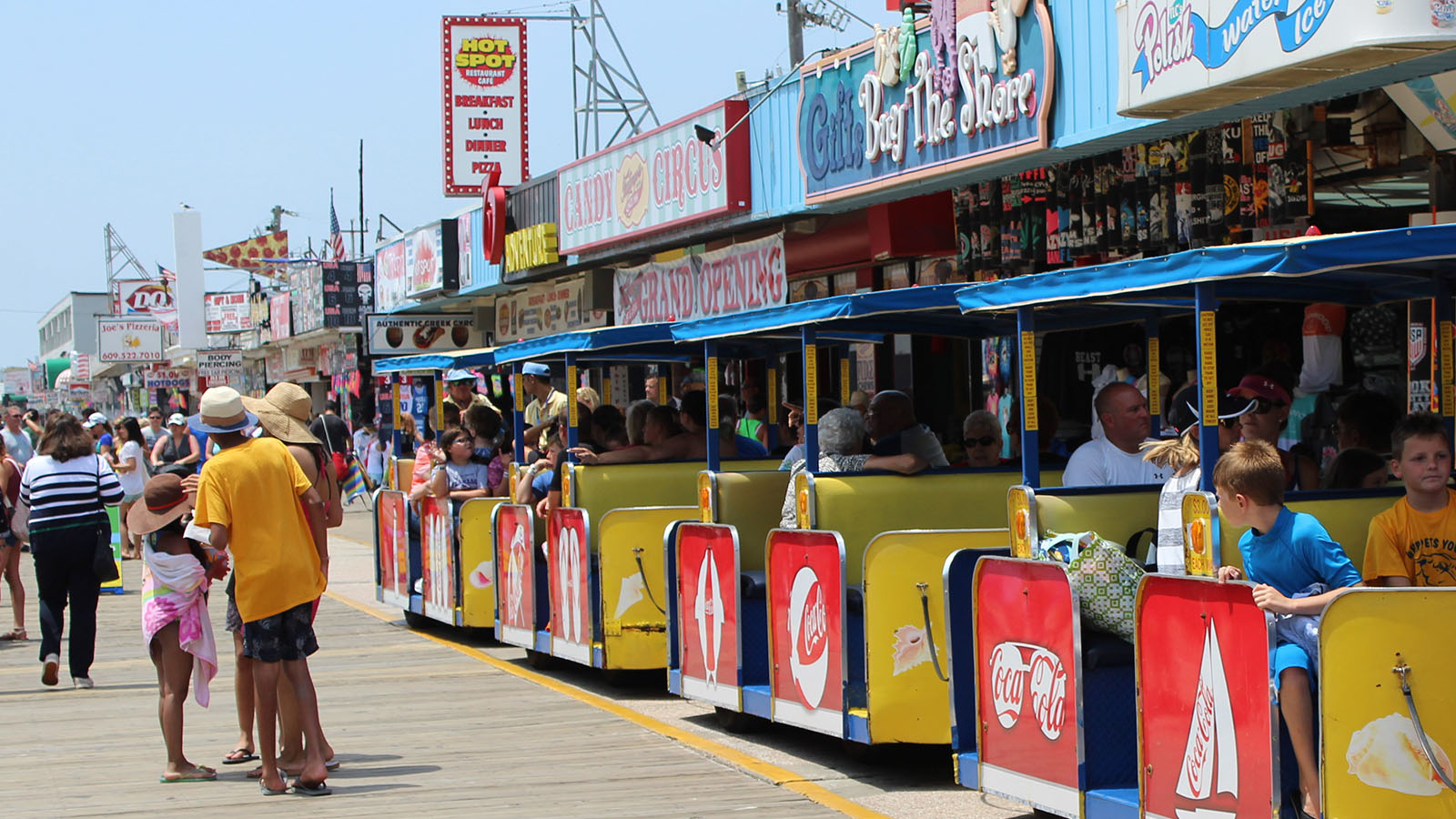
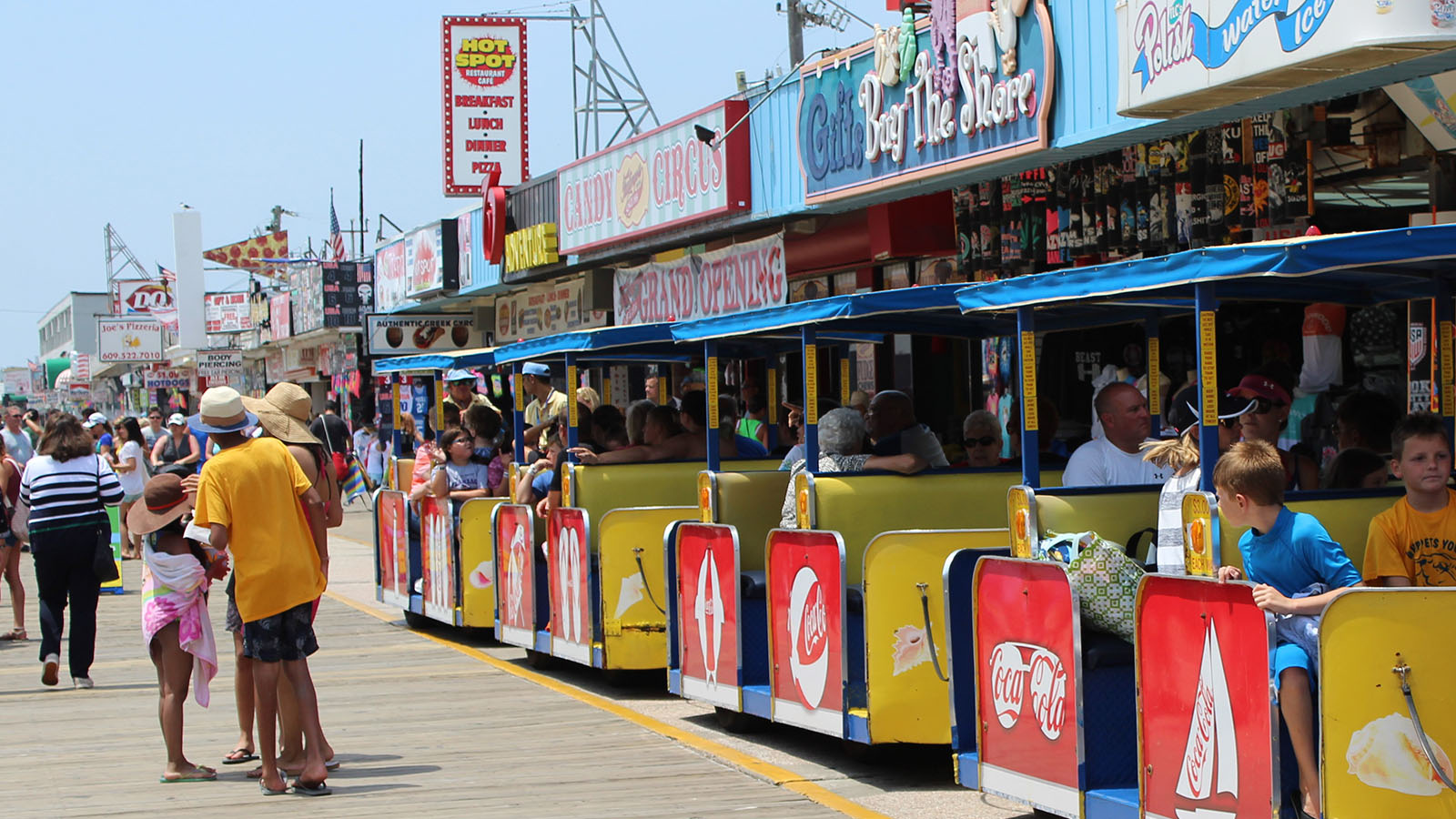
Not every shore town has said no. Atlantic City Mayor Frank Gilliam said in 2018 that he would welcome legal cannabis, envisioning making his city a destination. Known as America’s Playground, the city is the only place where casino gambling is allowed in the state. Some advocates have said New Jersey could use lessons from legalized gambling when looking at legal marijuana.
But for now, Gilliam has other things on his mind. His involvement in a late-night fight outside a club drew headlines statewide, followed by news that a team of FBI agents executed a search warrant at his home.
Towns allowing growing facilities and dispensaries could be looking at a revenue boost, with the current law allowing an additional 2 percent, on top of the 12 percent state tax expected. Cerra’s organization says that local taxes would be better at 5 percent.
Opting out of dispensaries will also mean opting out of that revenue. But if the law passes, towns won’t be able to keep residents and visitors from possessing marijuana for private use.
Advocates predict legal marijuana could be a billion-dollar industry once things get running, with a chance to double that in the short term. Still, that number is dwarfed by tourism, a $41.1 billion industry as of 2016. Much of that is connected to visits to the barrier island communities that line Jersey’s coast.
Most shore communities have welcomed a boom in local wineries and breweries, seeing the possibility of opening new markets and bringing new visitors to the shore. A few towns, including Atlantic City, see similar potential in legal marijuana.


